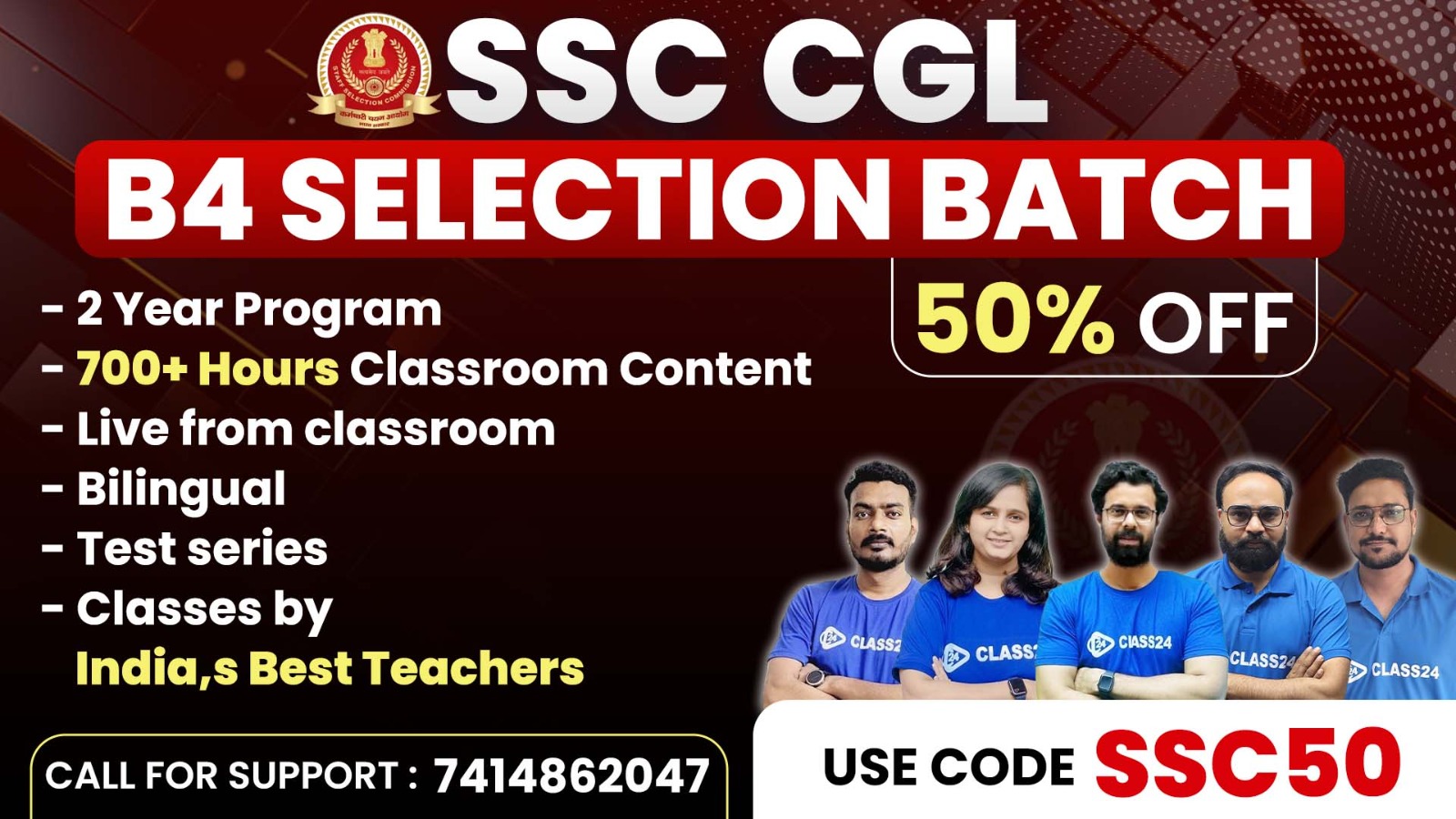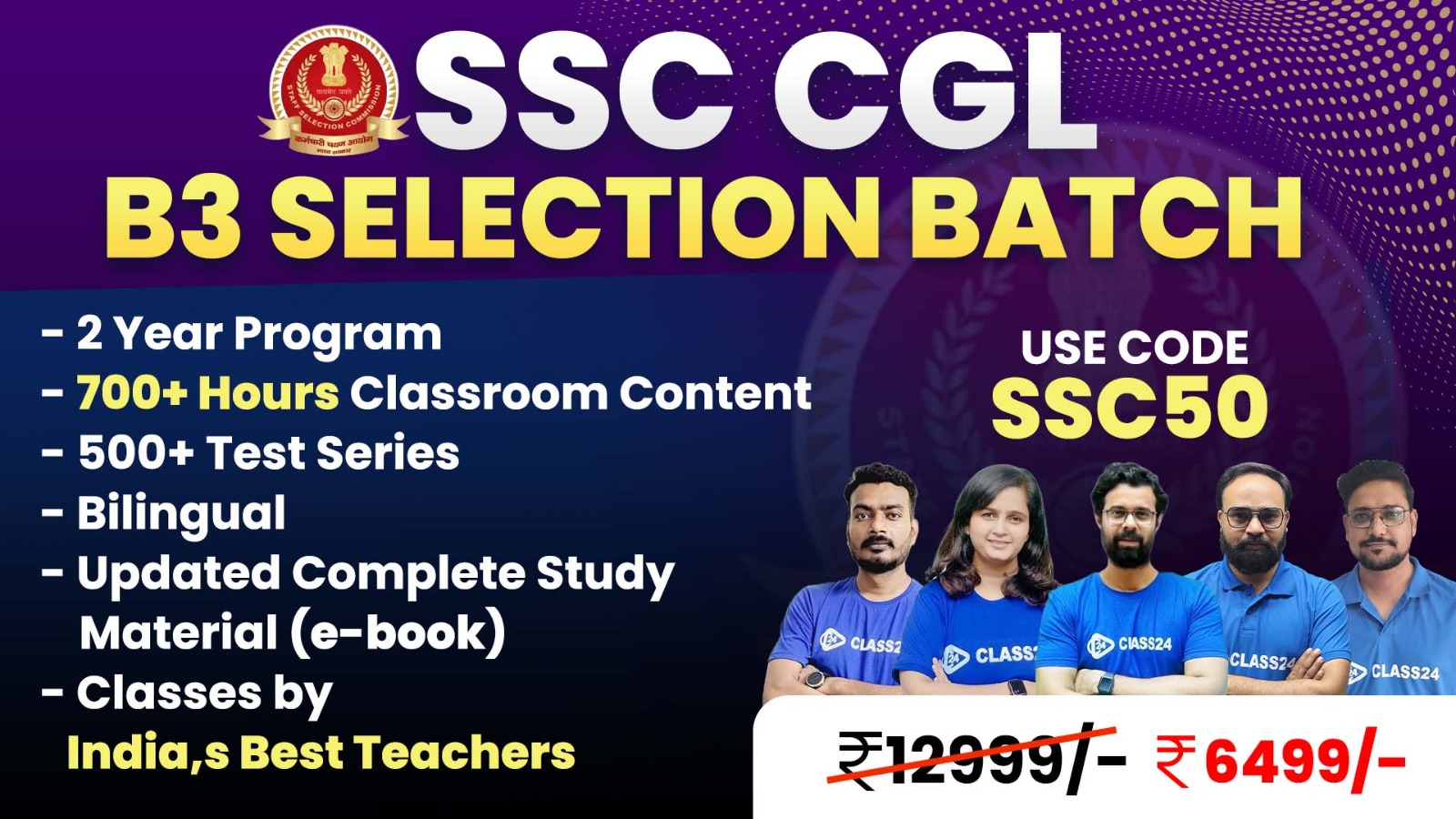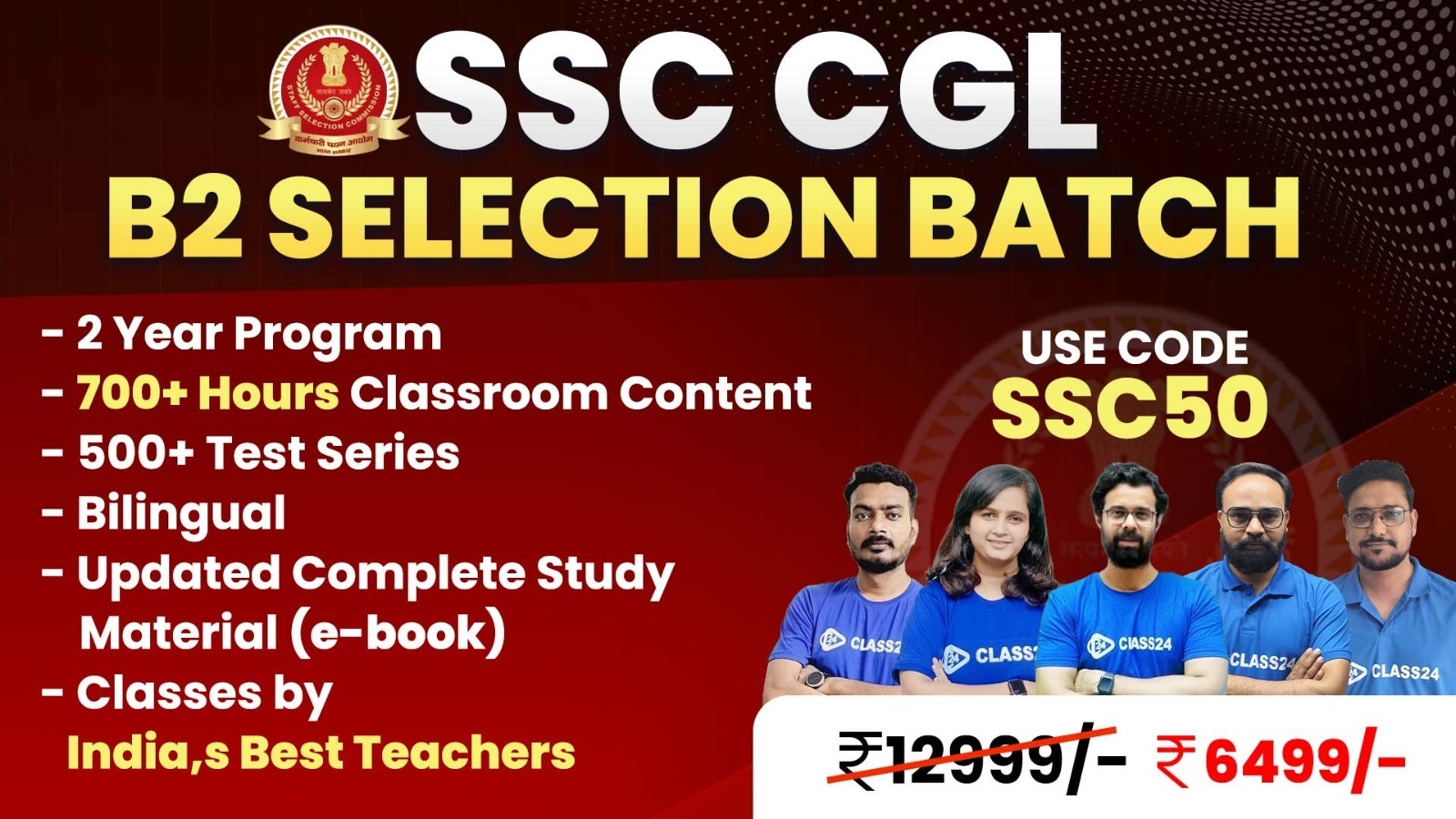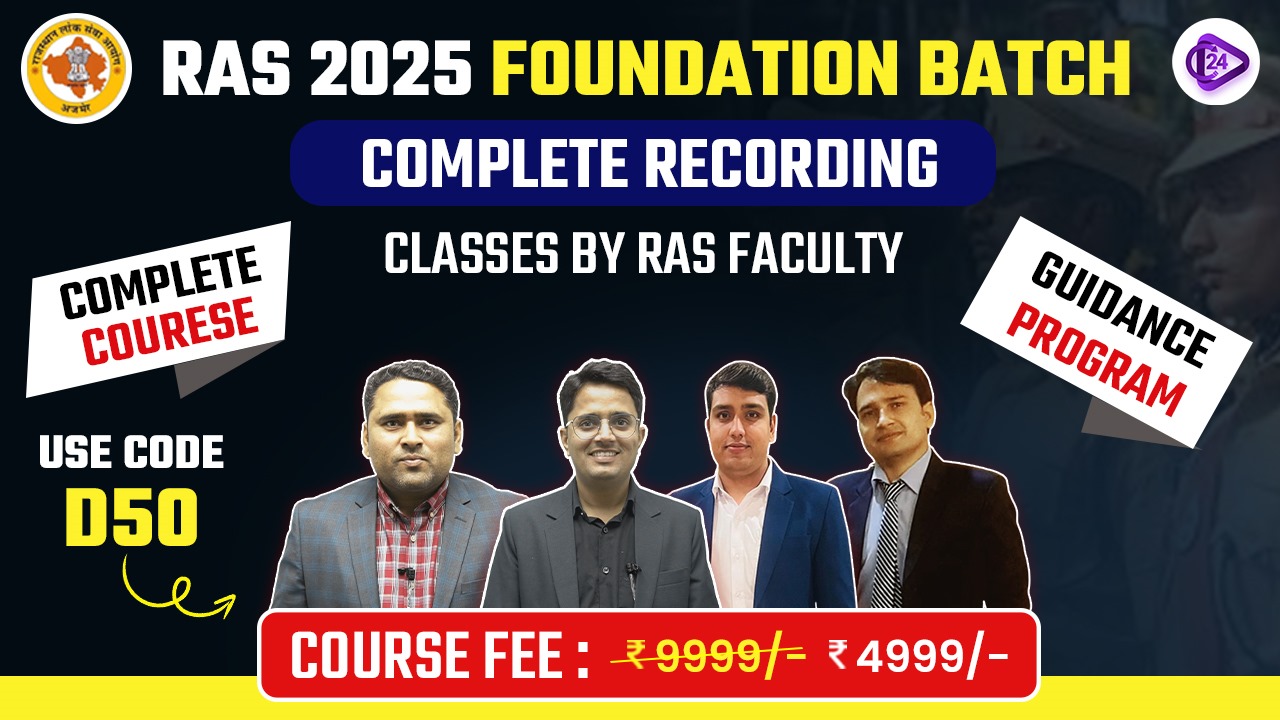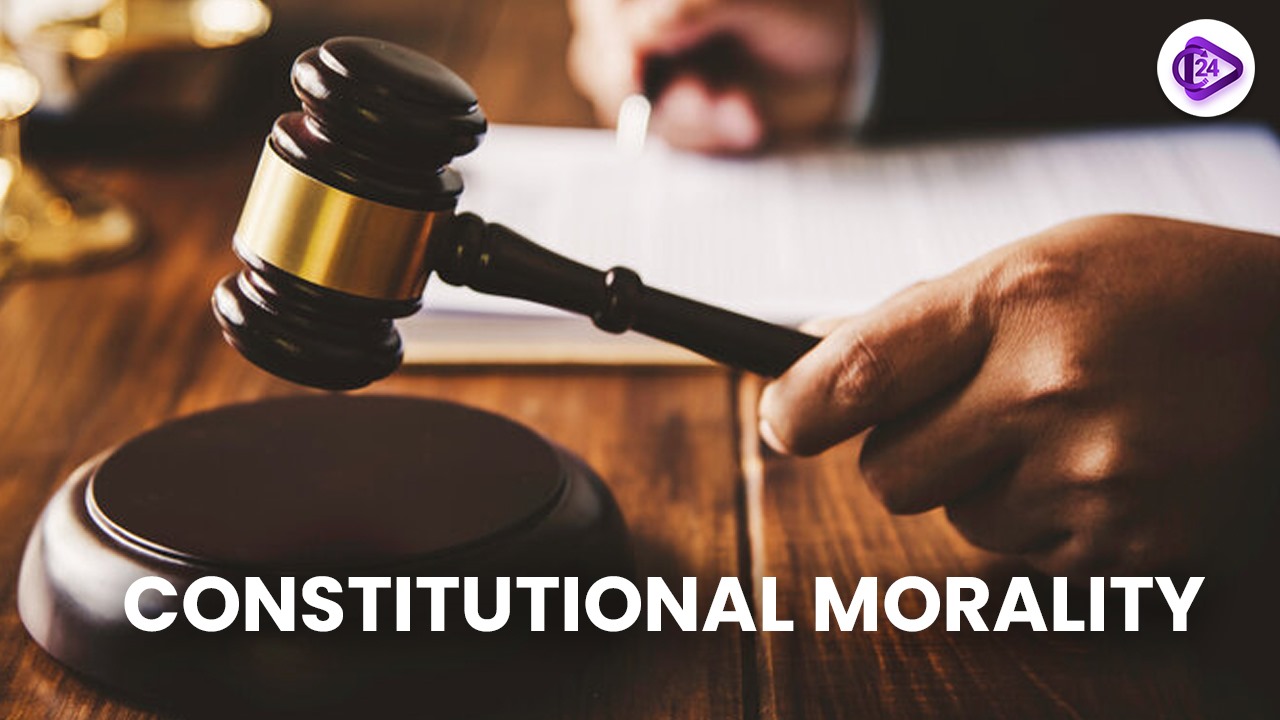
The base principle of constitutional morality demands absolute respect for the constitutional system while validating all its established regulations as if they were holy formalities. The legal system now relies on constitutional morality to regulate public morality fluctuations according to Navtej Singh Johar and Joseph Shine decisions. The theory adopts George Grote's understanding of Athenian democracy by advocating constitutional form maintenance alongside the analysis of possible reforms. Dr. Ambedkar demonstrated that a stable democratic system would require constitutional morality. The fundamental distinction between constitutional patriotism and constitutional morality exists in process-based mechanics since the latter strives to bridge respect for constitutional principles with forward-thinking reform efforts.
Concept of Constitutional Morality:
-
In this civic culture citizens maintain visible respect for both systemic structures and democratic processes outlined in the constitution.
-
Through the application of public reason combined with self-restraint and critique citizens maintain respect for constitutional rules that stand as sacred.
Judicial Interpretation:
-
The court uses constitutional morality as an essential tool for legal interpretation in judicial cases including Navtej Singh Johar vs. Union of India (2018) and Joseph Shine vs. UOI (2018).
-
The judicial system considers public morality as an important regulatory mechanism to maintain stability in legal structures.
Historical Origins:
-
According to George Grote democratic processes would work optimally through constitutional reverence for their proper forms.
-
According to Grote, constitutions needed to have cultural support beyond their legal framework to function properly.
Dr. B.R. Ambedkar’s Perspective:
-
The Indian Constitution gained shape according to Dr. Ambedkar through constitutional morality principles which he specifically incorporated during the foundational phase.
-
According to him self-restraint proved essential because changing the constitution through formal alterations could lead to its perversion.
Adherence and Critique:
-
In accordance with constitutional morality citizens must follow the constitution without condition and must uphold its results even when they disagree with their own beliefs.
-
Through this system people can both support existing processes while also striving for essential changes to help improve the system.
Distinction from Constitutional Patriotism:
-
Jürgen Habermas' constitutional patriotism relies on common values for unity while constitutional morality emphasizes following procedures that handle differences through formalized agreements between groups.
-
Mature constitutionalism results from this method because it finds stability through reform while preserving both constitutional respect and necessary change.
Conclusion
A functioning democratic system needs constitutional morality as its foundation because it impels both authorities and citizens to care for constitutional structures while enabling transformation and analytical examination. The system invites people to explore constitutional reverence while simultaneously embracing reform needs in a way that builds maturity towards constitutional administration. A democracy ensures freedom and justice and equality through constitutional morality because it upholds procedural integrity which secures democratic principles against extremist ideological influence and political agendas. A distinct feature of the Indian Constitution demonstrates its purpose to preserve ongoing principles while embracing modifications.




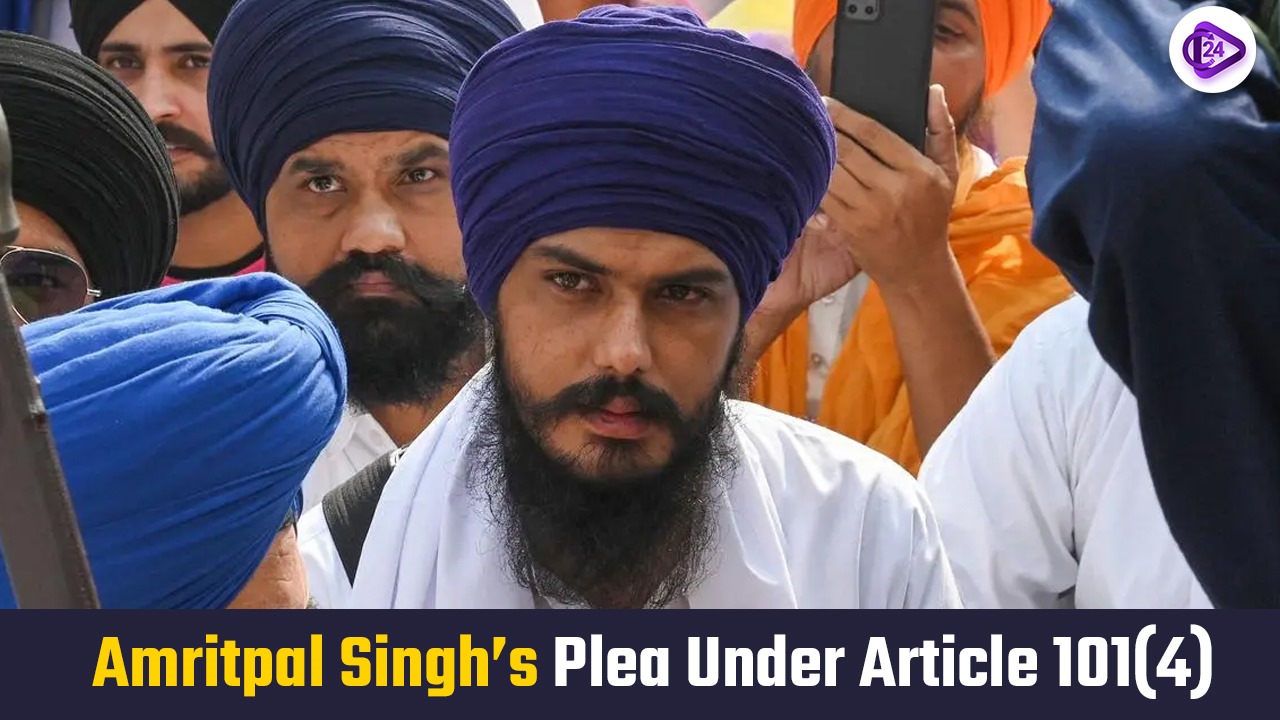 Article 101(4) of the Indian Constitution
Article 101(4) of the Indian Constitution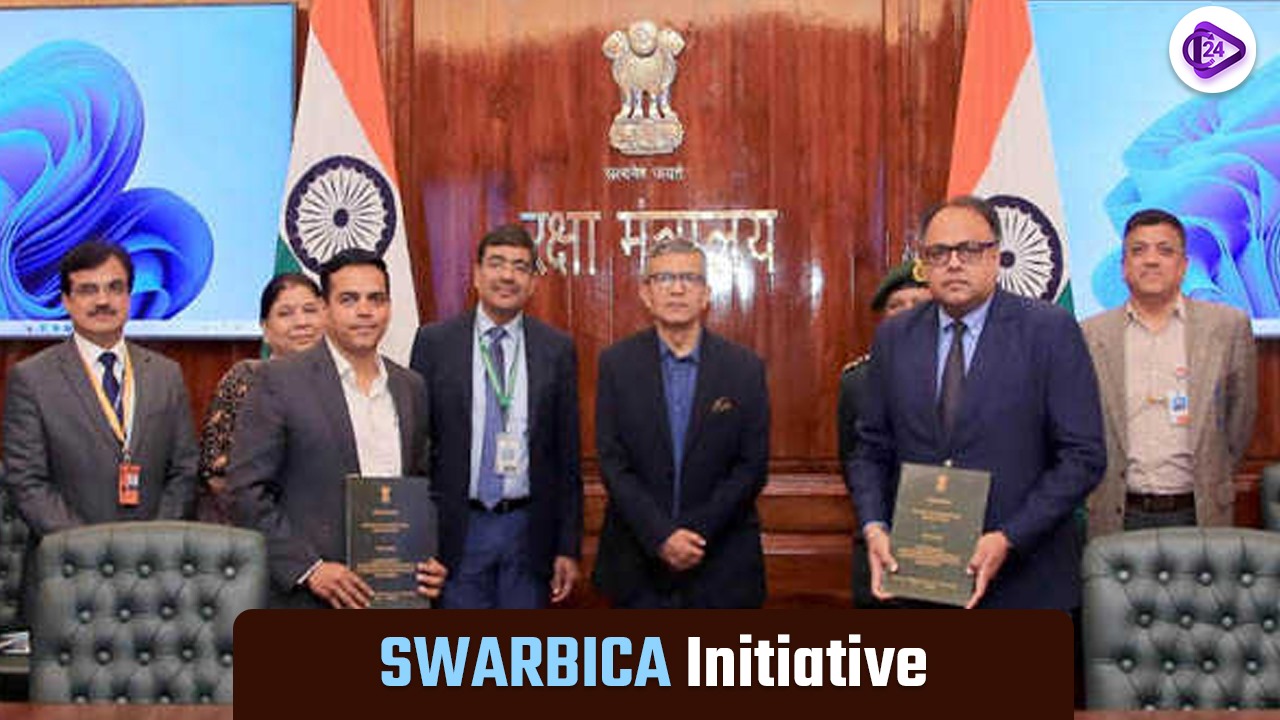 SWARBICA: Tradition, Legacy, and Ancestry Meet Digital India
SWARBICA: Tradition, Legacy, and Ancestry Meet Digital India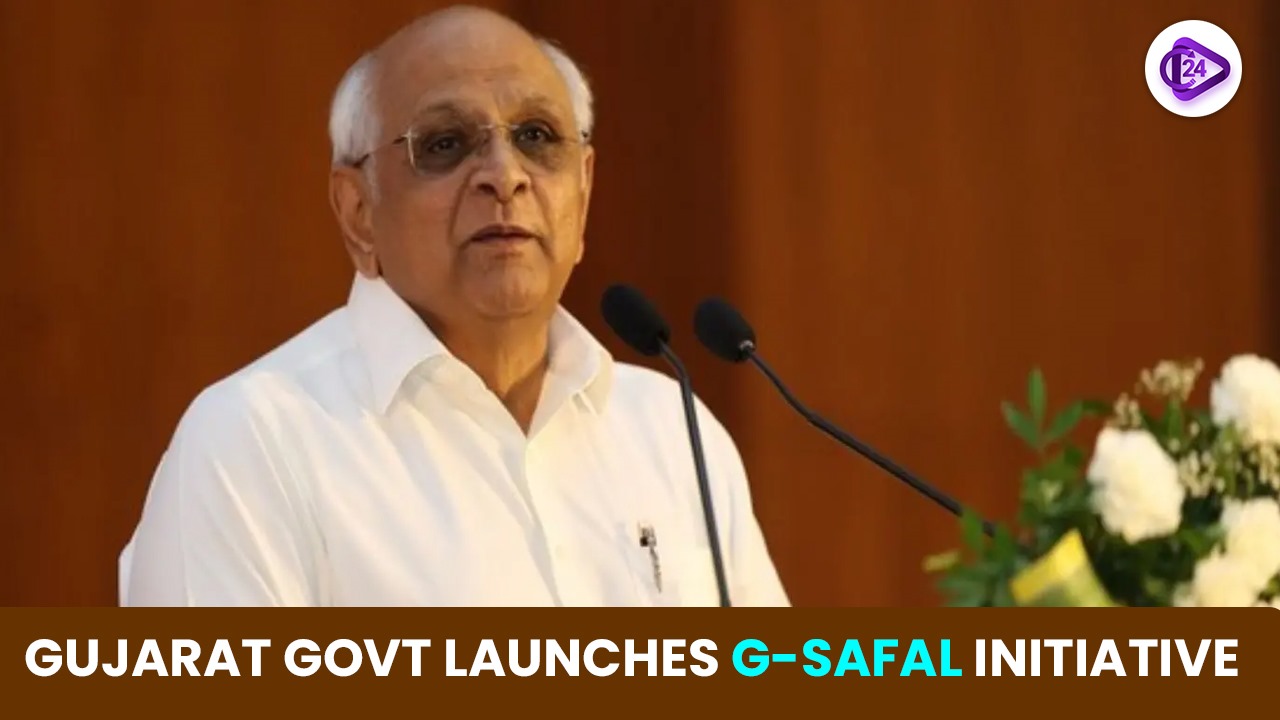 G-SAFAL Initiative Launched by Gujarat Government
G-SAFAL Initiative Launched by Gujarat Government SC Bench’s Red Line on Freebies: A Legal and Ethical Debate
SC Bench’s Red Line on Freebies: A Legal and Ethical Debate SWAMIH Fund 2.0: Boosting India's Real Estate Revival
SWAMIH Fund 2.0: Boosting India's Real Estate Revival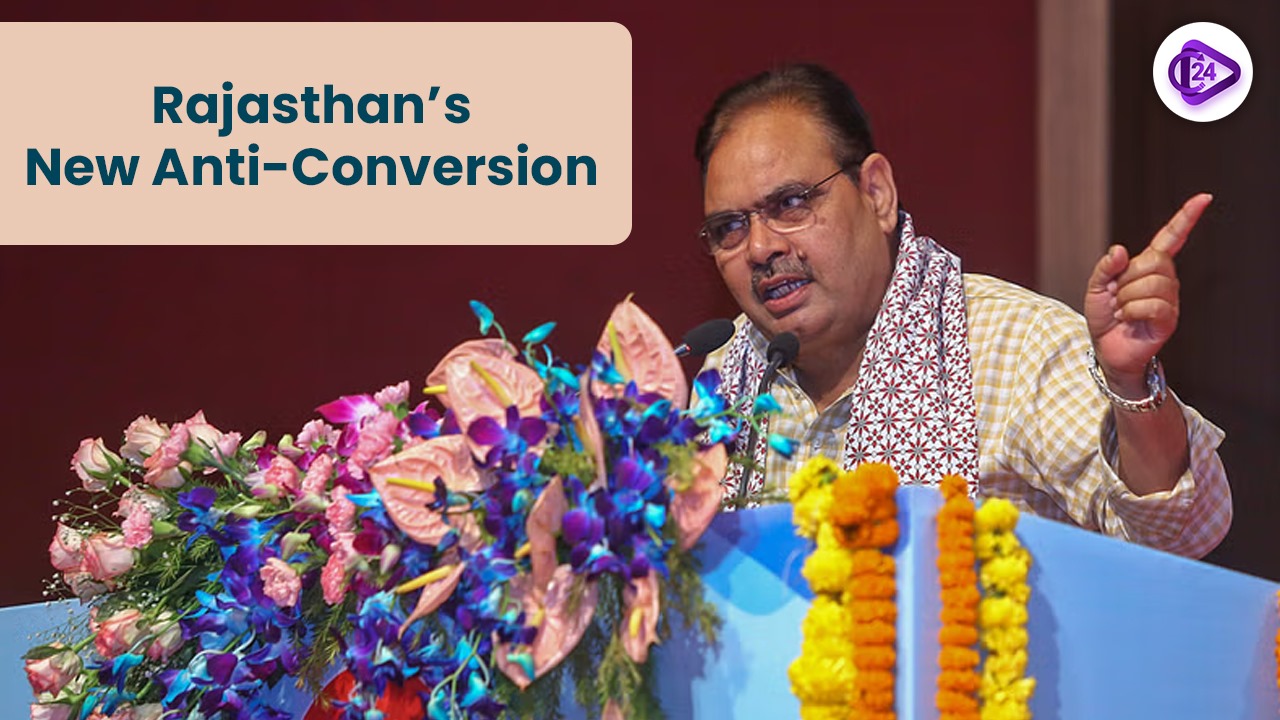 Rajasthan Anti-Conversion Law 2025 Strengthens Religious Safeguards
Rajasthan Anti-Conversion Law 2025 Strengthens Religious Safeguards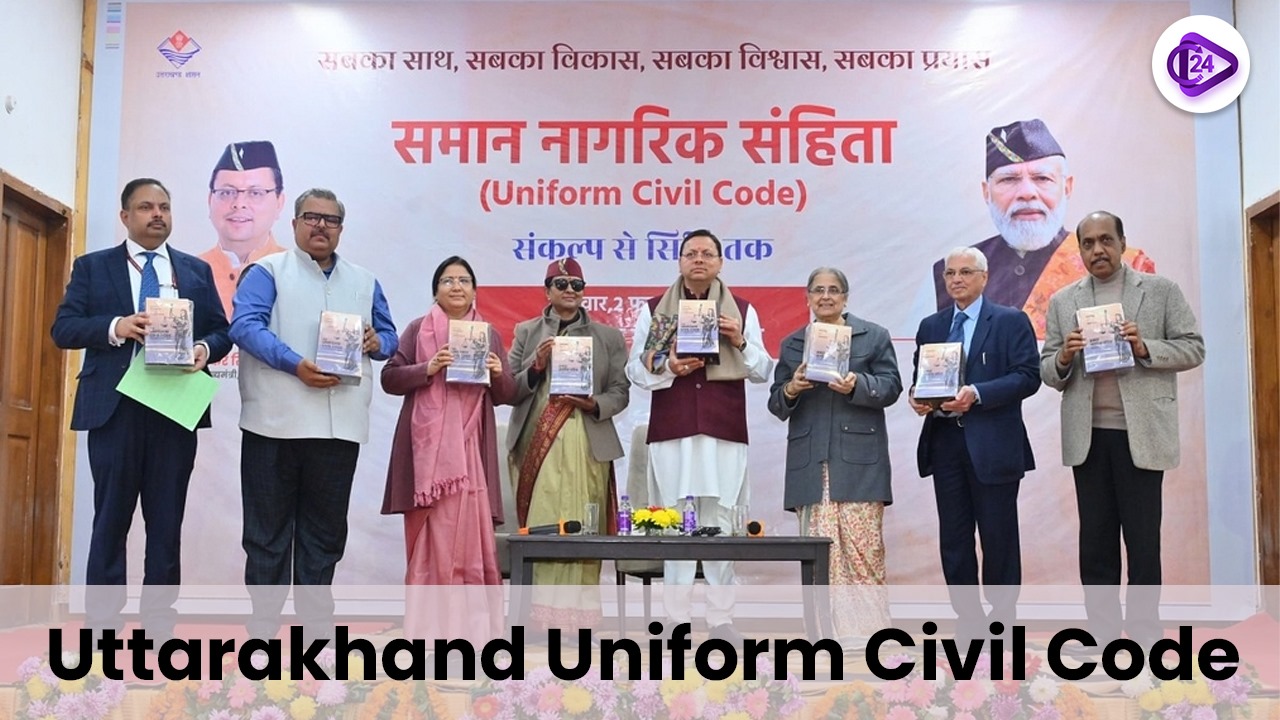 Live-in Relationships Under the UCC Act: Legal Boundaries
Live-in Relationships Under the UCC Act: Legal Boundaries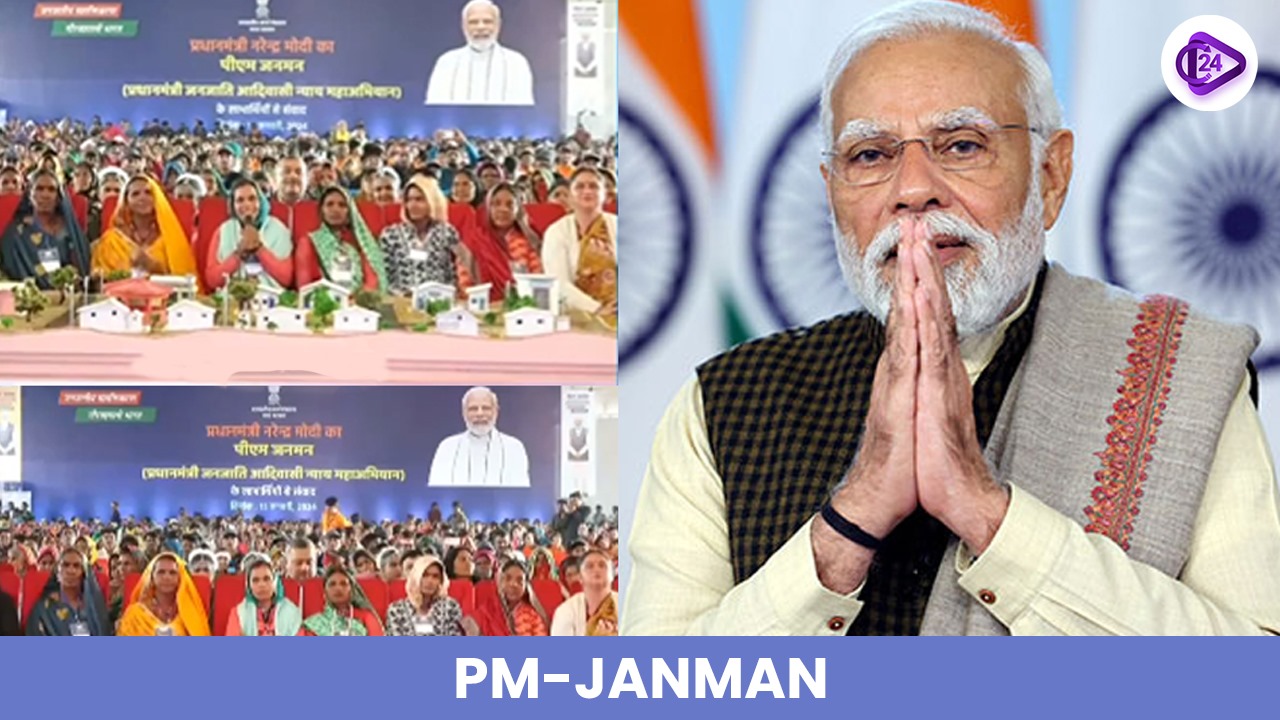 PM-JANMAN projects set to boost growth and prosperity in Maharashtra
PM-JANMAN projects set to boost growth and prosperity in Maharashtra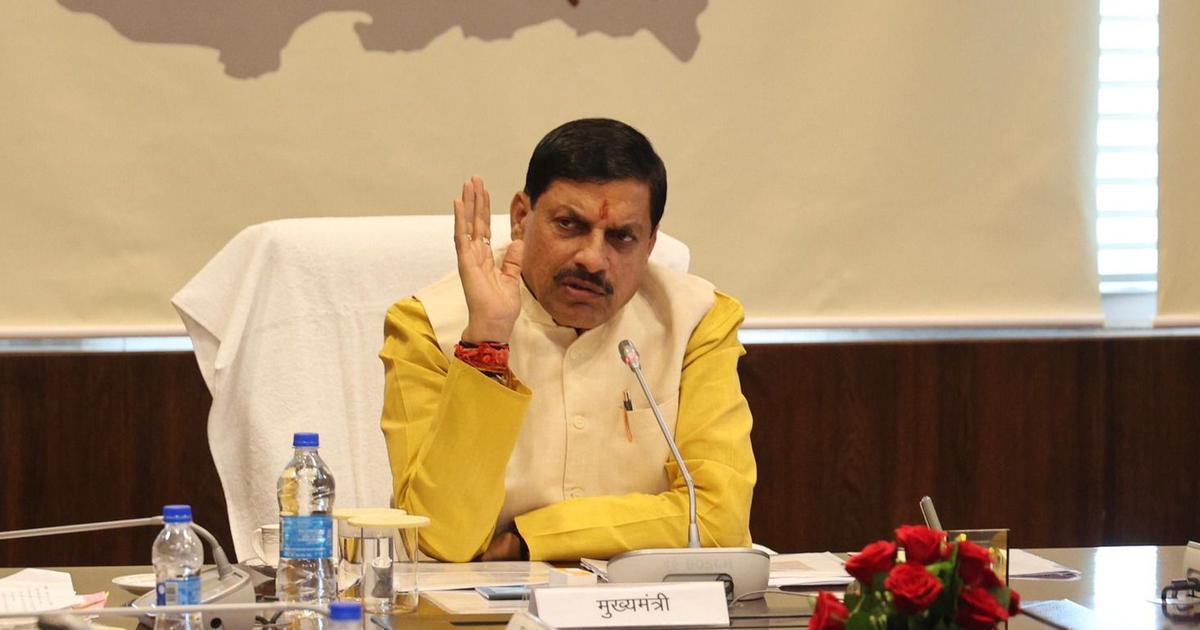 Madhya Pradesh Bans Liquor Sales in Religious Towns
Madhya Pradesh Bans Liquor Sales in Religious Towns
